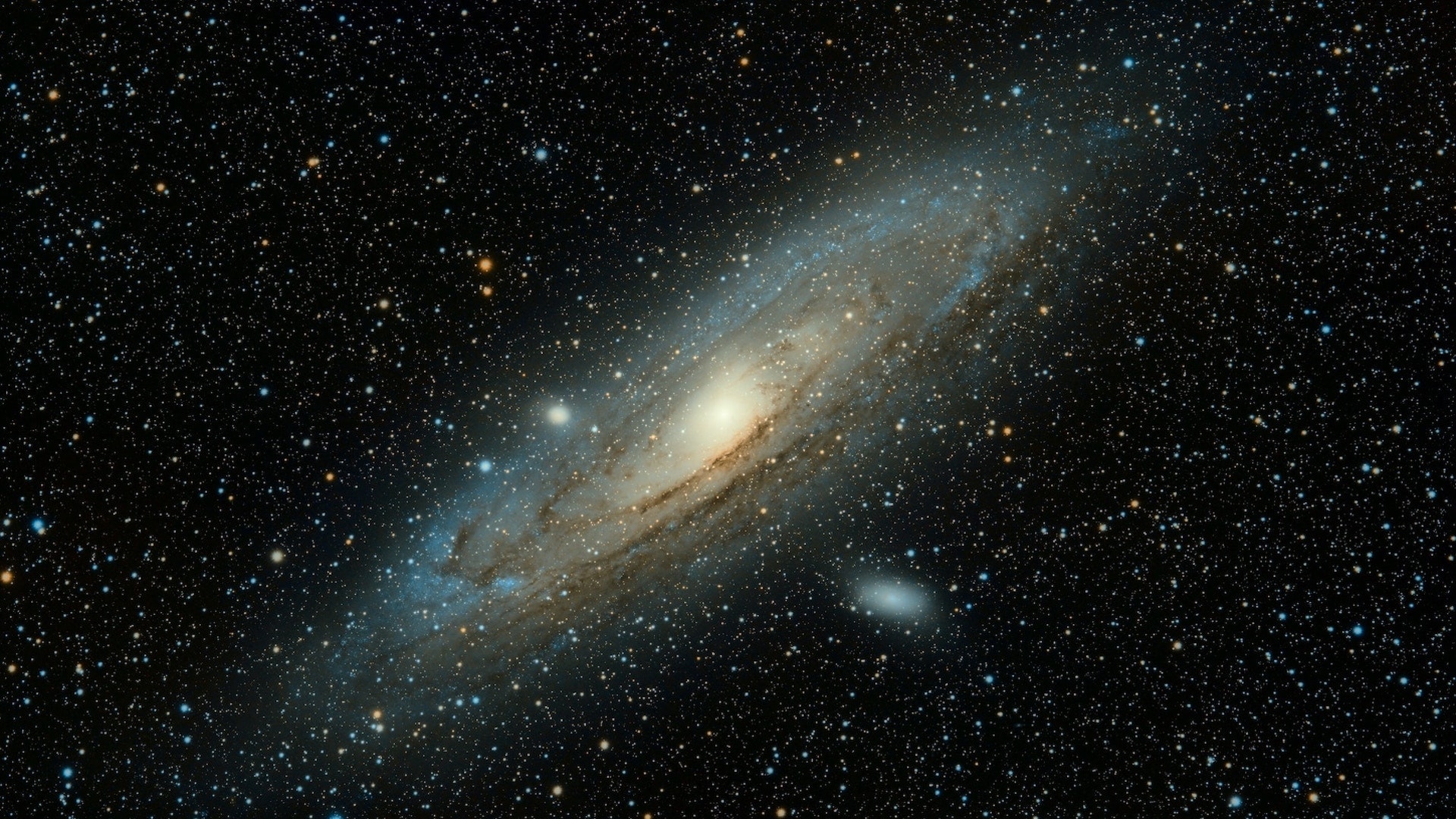It was around 150 years after the birth of Christ that the Alexandrian astronomer Ptolemy determined that the earth must be at the center of the universe. If the earth was at the center, then the sun and the moon and the stars and the planets must orbit around it. Though many people had observed and assumed such geocentrism in the centuries prior, it was Ptolemy who standardized the view and who proved it to the satisfaction of very nearly all of humanity.
It was not until nearly 1400 years later that Copernicus first posited and then proved that it is not the earth but the sun that is at the center of our solar system. The sun does not orbit the earth, but the earth and the other planets the sun. This finding was met with a mix of curiosity and censure and, eventually, for Copernicus’ successors, outright persecution. But over time everyone came to understand and admit that it is heliocentrism rather than geocentrism that properly describes the position and the movement of the stars and planets within our solar system.
I once read the words of an old preacher who was indicting Christians for too easily falling into Ptolemaic tendencies when it comes to matters of disputed theology between believers. Christians are prone to take a relatively minor point of doctrine, one we might identify as second- or third-order, and set it like the earth at the pivot point of Ptolemy’s universe. Their love of this doctrine and their conviction that it is key to a right understanding and practice of the Christian faith means that soon everything begins to orbit around it. It becomes the center of their beliefs in such a way that any other point of doctrine is understood only in relation to it. It becomes the measure of their affirmation of faithfulness or their indictment of unfaithfulness. And eventually, it leads them toward legalism and draws them away from Christians who may not set that particular doctrine at the center of their own theological universe.
So it is far better, this preacher argued, to pursue Copernican tendencies by ensuring that we always set Christ himself at the center of all things. In this way, all of our beliefs, all of our convictions, and all of our doctrines will orbit Christ who is himself the pivot point of our faith. As we do this, Christ becomes the center of our beliefs in such a way that any point of doctrine is understood in relation to him—to his life and death, to his resurrection and ascension, to his rule and return. He becomes the measure of our affirmation of faithfulness or our indictment of unfaithfulness. And this leads us away from legalism and draws us toward other Christians—toward everyone else who acknowledges Christ as the center of all things. For we understand that despite our differences, we are all bound together by the One who is the very center.
It became fashionable a few years ago to speak of being “gospel-centered” and to call every Christian to embrace and exhibit it. The term was too abstract and undefined to last for long and it has already largely fallen out of fashion. But perhaps this celestial illustration shows a part of what gospel-centrality was meaning to convey—that there must always be something at the center of our system of beliefs. We are prone to put a favorite doctrine or pet practice in that place and to make it the center of our faith and the basis of our Christian unity. But we can only do this if we shove Jesus out of the way, for he is already there at the center, already upholding all things by the word of his power, already holding all things together in himself, already ruling and reigning from his throne.
And so to have a Copernican conception of our solar system is to simply acknowledge what is proven and true—that the sun is at the center and that all else orbits around it. And to have a Copernican understanding of the faith is, likewise, to simply acknowledge and practice what God tells us to be true—that Christ must be the pivot point of our beliefs and unity, for he is the very Sun of Righteousness.










